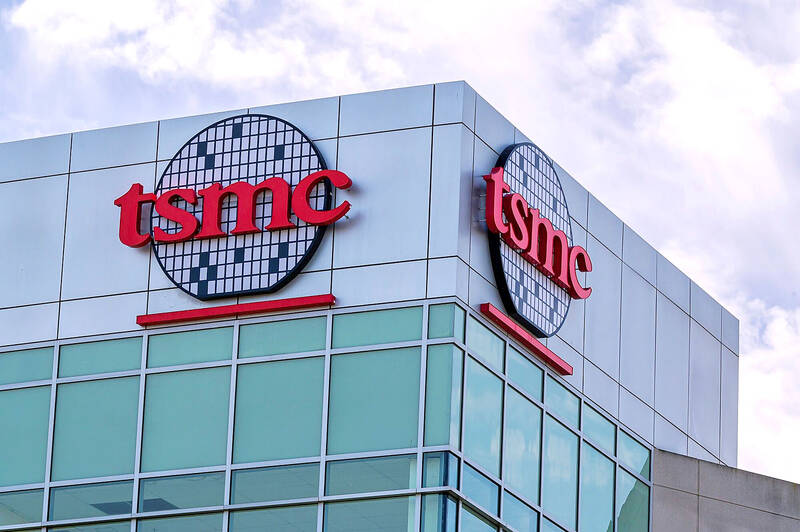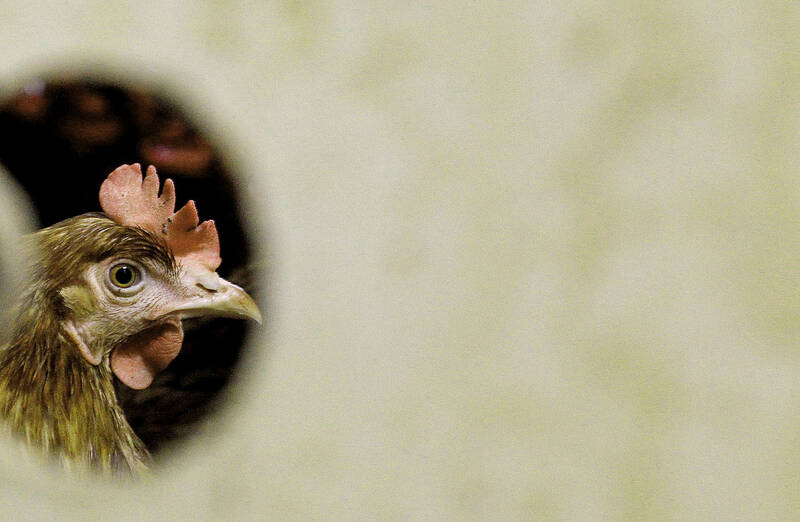Last week, Viola Zhou published a marvelous deep dive into the culture clash between Taiwanese boss mentality and American labor practices at the Taiwan Semiconductor (TSMC) plant in Arizona in Rest of World. “The American engineers complained of rigid, counterproductive hierarchies at the company,” while the Taiwanese said American workers aren’t dedicated. The article is a delight, but what it is depicting is the clash between a work culture that offers employee autonomy and at least nods at work-life balance, and one that runs on hierarchical discipline enforced by chickenshit. And it runs on chickenshit because chickenshit is a cultural norm in Taiwan.
WHAT IS CHICKENSHIT?
Paul M. Fussell defines it in his brilliant Wartime: Understanding and Behavior in the Second World War. Fussell writes that it is what “makes military life worse than it need be: petty harassment of the weak by the strong; open scrimmage for power and authority and prestige; sadism thinly disguised as necessary discipline; a constant “paying off of old scores”; and insistence on the letter rather than the spirit of ordinances.” It is called chickenshit instead of horse- or bull-, he notes because it treats the trivial as serious. “Chickenshit can be recognized instantly,” he says, “because it never has anything to do with winning the war.” The Americans responding to TSMC chickenshit are attempting to articulate that thought: they recognize it instantly because it never has anything to do with making a profit.

Photo: Bloomberg
Taiwan chickenshit starts almost from birth. It is the teacher getting out a ruler to measure students’ hair to see whether it is the right length. It’s the school disciplinary official standing on a shaded platform making a long speech while the children all stand in the sun. It is the death Hung Chung-chiu (洪仲丘), the recruit who died of multiple organ failure in 2013 after being denied water while being punished. It is the government of Miaoli, during the Dapu Demolition in 2013, asking the people whose houses it demolished to pay a fee for removing the remains, a fee equal to their compensation. It is the immense quantities of arbitrary, pointless paperwork (updated to endless PowerPoint presentations in the computer age), the seamless continuation of the immense quantities of largely useless homework workers experienced when they were students. It is the interminable meetings where leaders ramble on, unchecked: chickenshit loves to hear itself talk. It is the immigration bureaucracy demanding that Filipinos supply their parents’ birth certificate to obtain visas or marry here, and then rejecting the document because an initial was used for a middle name. In the petty punishments meted out to everyone in low positions: students, employees, even children by parents. It works in reverse as well: as chickenshit merchants in larval form, school bullies are almost never meaningfully punished. The system has to reproduce itself, after all.
LISTEN TO THE BOSS
Taiwan’s “boss culture” is defined by its chickenshit approach to everything. The demand for perfection with its consonant nitpicking. The requirement that employees punch out and then continue on to overtime. The jobs where one must clock in though that is unnecessary. The docking of pay for being a tiny bit late. The time lost in meetings. The public abuse for tiny errors: at universities where I worked at errors in grading had to be rectified at a public meeting, at which an explanation was demanded, though filing a simple paper would have sufficed. Public humiliation is a key component of chickenshit. The proper chickenshit response, of course, is to blame one’s assistant while earnestly promising that it will never happen again.

Photo: Reuters
That response to chickenshit among the lower ranking is universal — great earnestness, combined with great stoicism. The qualities we outsiders often admire in Taiwanese, that earnest, hardworking stoicism, the self-blame combined with thanks to the supervisor for the chickenshit correction, are coping reflexes for dealing with the constant flow of chickenshit from bosses. For example, an earnest thanks deflects away chickenshit by making the chickenshit merchant feel shame or guilt for their behavior. Similarly, the blame-avoidance reflex many foreigners who work in real Taiwan institutions (not hothouse bubbles like cram schools created in part to insulate foreigners from chickenshit culture) quickly acquire is a response to the constant chickenshit search for someone to blame.
Uniforms too, are both chickenshit and a response to it. They have the same function that stripes on a zebra do: they reduce the chance of being targeted; even if they do carry a certain risk (“Your shirt is the wrong shade of blue. Fix it!”). Chickenshit, as Fussell observes, zeroes in on people high in individuality: the empathetic, the artistic, the independent. The conformism that foreigners often deplore is a survival response in chickenshit culture.
Fussell observes there is one place in the war where there is no chickenshit: the front line. Like many who have considered the social function of chickenshit in western armies, he concluded that its purpose was to make ordinary soldiers long for combat. In Taiwan boss culture has an analogical function: workers throw themselves into work as a way to escape chickenshit.
The irony is that the chickenshit culture of Taiwan firms lowers productivity and reduces efficiency. Most studies show, for example, that greater worker autonomy raises productivity. Taiwan bosses do not reap the cost-savings and productivity gains from having workers work remotely or on flex time. Chickenshit work cultures reduce organizational learning, stress out staff and lead to high turnover. Because everyone knows that Taiwan work culture is a horror show with low salaries, long hours and reduced autonomy, skilled foreign workers won’t come, and skilled locals leave. Just another of the thousand ways Taiwan’s chickenshit business culture is killing the nation’s future.
Democratization has helped, of course, by cutting work hours and increasing oversight, and by introducing regulatory regimes that sometimes even have teeth. Contrast the People’s Republic of China (PRC) across the Strait, with its extravagantly chickenshit habit of making the families of executed people pay for the bullet used to kill them, or forcing petitioners to wait years in line.
But the habits of chickenshit die hard. This week the Taipei Times reported on a bill that would shorten the time required for foreign high-level professionals to apply for naturalization. Meanwhile the government and legislature know perfectly well that long-term foreigners have wanted a clear, simple path to citizenship for decades. Instead of a welcome, they rub the advantages given to high status transients in our faces.
That’s just chickenshit as immigration policy.
Notes from Central Taiwan is a column written by long-term resident Michael Turton, who provides incisive commentary informed by three decades of living in and writing about his adoptive country. The views expressed here are his own.

In the March 9 edition of the Taipei Times a piece by Ninon Godefroy ran with the headine “The quiet, gentle rhythm of Taiwan.” It started with the line “Taiwan is a small, humble place. There is no Eiffel Tower, no pyramids — no singular attraction that draws the world’s attention.” I laughed out loud at that. This was out of no disrespect for the author or the piece, which made some interesting analogies and good points about how both Din Tai Fung’s and Taiwan Semiconductor Manufacturing Co’s (TSMC, 台積電) meticulous attention to detail and quality are not quite up to

April 21 to April 27 Hsieh Er’s (謝娥) political fortunes were rising fast after she got out of jail and joined the Chinese Nationalist Party (KMT) in December 1945. Not only did she hold key positions in various committees, she was elected the only woman on the Taipei City Council and headed to Nanjing in 1946 as the sole Taiwanese female representative to the National Constituent Assembly. With the support of first lady Soong May-ling (宋美齡), she started the Taipei Women’s Association and Taiwan Provincial Women’s Association, where she

It is one of the more remarkable facts of Taiwan history that it was never occupied or claimed by any of the numerous kingdoms of southern China — Han or otherwise — that lay just across the water from it. None of their brilliant ministers ever discovered that Taiwan was a “core interest” of the state whose annexation was “inevitable.” As Paul Kua notes in an excellent monograph laying out how the Portuguese gave Taiwan the name “Formosa,” the first Europeans to express an interest in occupying Taiwan were the Spanish. Tonio Andrade in his seminal work, How Taiwan Became Chinese,

Mongolian influencer Anudari Daarya looks effortlessly glamorous and carefree in her social media posts — but the classically trained pianist’s road to acceptance as a transgender artist has been anything but easy. She is one of a growing number of Mongolian LGBTQ youth challenging stereotypes and fighting for acceptance through media representation in the socially conservative country. LGBTQ Mongolians often hide their identities from their employers and colleagues for fear of discrimination, with a survey by the non-profit LGBT Centre Mongolia showing that only 20 percent of people felt comfortable coming out at work. Daarya, 25, said she has faced discrimination since she